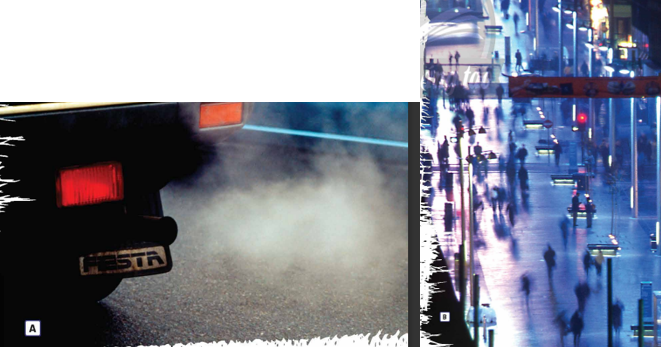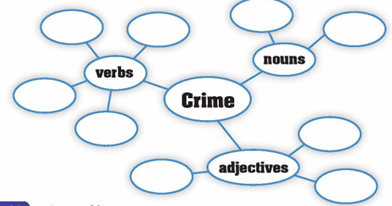Giải SGK, SBT Unit 2. Problems Friends Global
Giải SGK, SBT Unit 2 Friends Global
2 Replace the underlined adjectives with the adjectives below.
(Thay thế những tính từ được gạch chân bằng những tính từ dưới đây.)
|
disappointed |
indecisive |
miserable |
thrilled |
upbeat |
We were 1 really excited ______ when the storm started, but the longer it went on, the more anxious we became. We felt 2 very unsure ______ and didn’t know what to do. Should we stay under the trees or run for home?
Jack was quite 3 positive ______ about the news that we were going to have a new trainer, but the rest of us were 4 really sad ______. But when we were told that the new trainer was inexperienced, even Jack felt 5 let down ______!
5 Match (1-9) with (a-i) to form idioms.
(Nối (1-9) với (a-i) để tạo thành thành ngữ.)
|
1 lose 2 blow 3 be on 4 be green 5 be down 6 be in 7 be over 8 be tearing 9 something gets |
a your top b two minds about something c on your nerves d your hair out e face f edge g with envy h in the dumps i the moon |
2 Match the two halves of the comparative sentences.
(Nối hai nửa của câu so sánh.)
|
1 He's far more handsome in real life 2 The harder you work, 3 I spent more this week 4 The later you leave tonight, 5 The sooner we book, 6 This ice cream is less tasty 7 Our cat's getting bigger and bigger |
a the colder it will be. b than I'd wanted to. c the cheaper the tickets will be. d than on TV. e than it looks. f the more we feed it! g the better you'll do. |
















